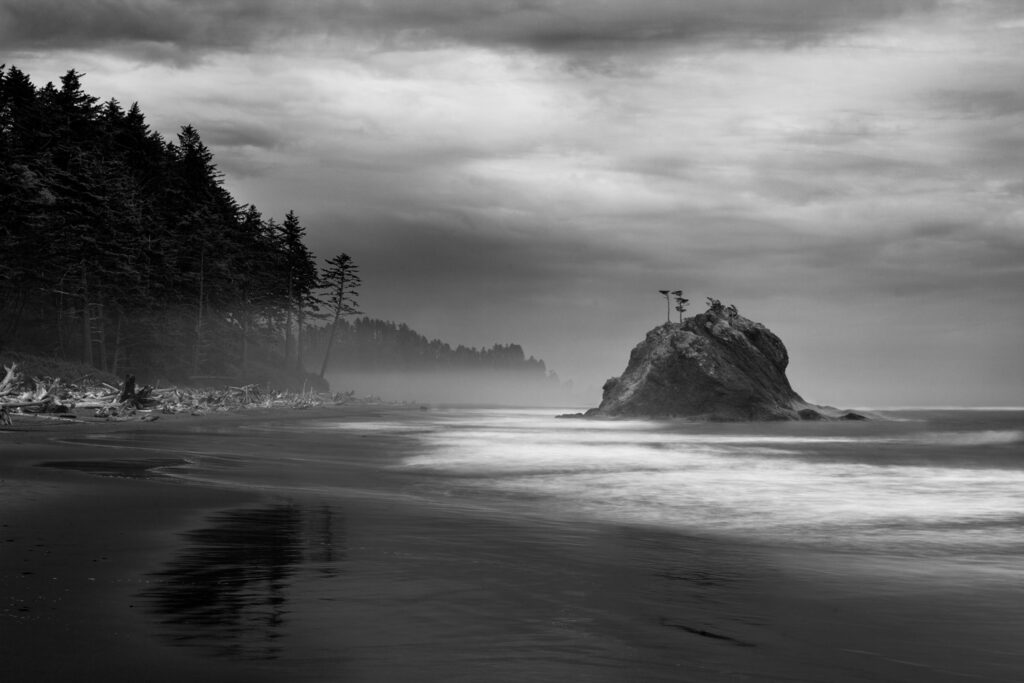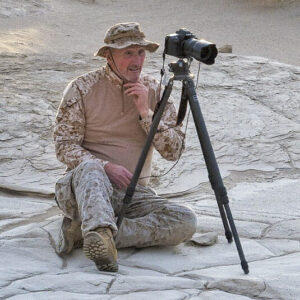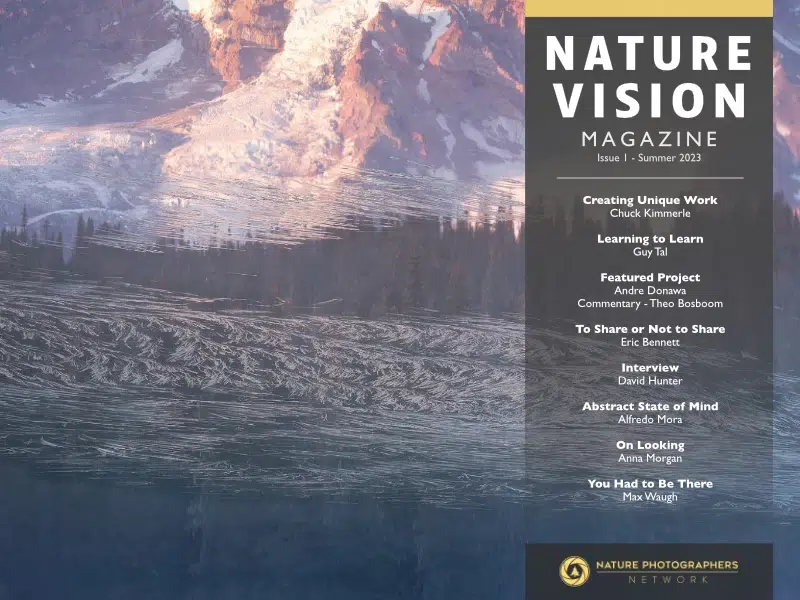Independent of your photographic status (professional, enthusiast), genre (outdoor, architecture, people, events), and training (college, art school, self-taught), eventually nearly all creatives tend to experience a mental block. Maybe you’ve been a photographer for 10 weeks, maybe 10 years. You love what you do, but it’s just not enough. You’re in a rut. The passion is gone. You’ve no doubt heard the cautionary tales about yet another creative who’s packed it all up, sold off all their gear, and decided to do something else. Only this time it is you.
Do you remember why you picked up a camera in the first place? Most (if not all) professional athletes who get paid millions to play a game will say that the best time in their career was the time coming up — the time before the money, contracts, and endorsements. Being a creative is no different: Picking up your camera with no creative brief or for no monetary gain can remind you why you got into the field to begin with. Anything we do for a career will eventually become a “job.” Getting burnt out on a fun, creative outlet is inevitable.
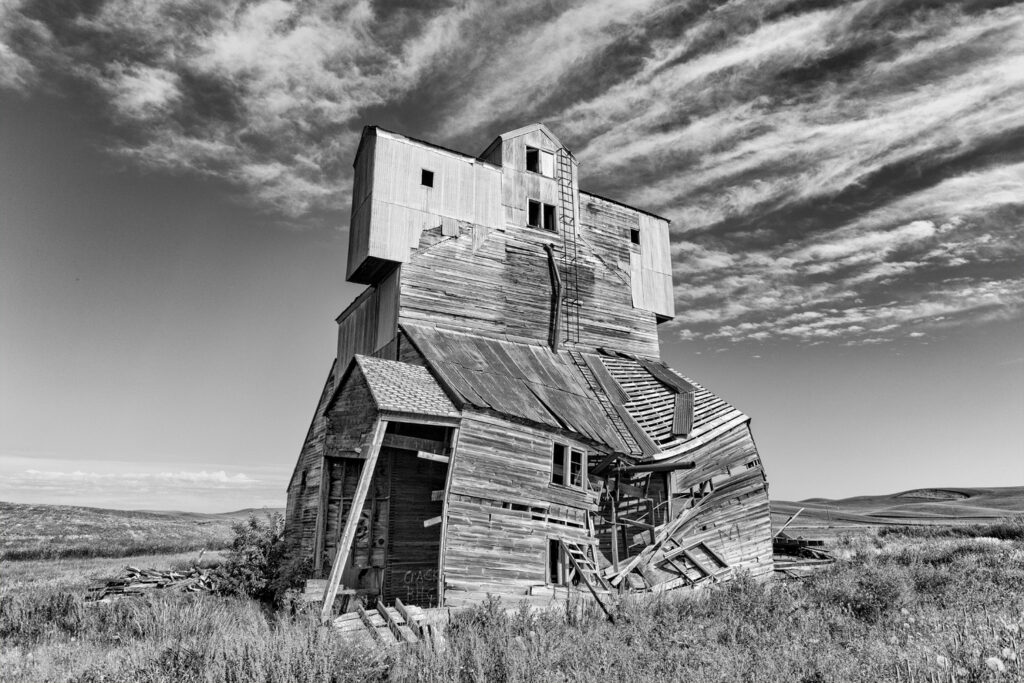
What
How you choose to remedy the situation is key to rekindling the creative fire. One simple answer is to start a personal project. Personal art projects have been beloved by artists for ages. There’s a lot of talk among photographers about personal projects. I mean projects that are not for clients. If it’s not personal, I don’t do it.
For me the key word is “project.” Projects are highly flexible, allow me to stretch my wings, and make me a better photographer. I prefer to drive to all the destinations I go to for photography. I have two long-term personal projects that I work on whenever I am on the road. The subject matter for each project — rocks and trees, and derelict buildings — is generally found serendipitously.
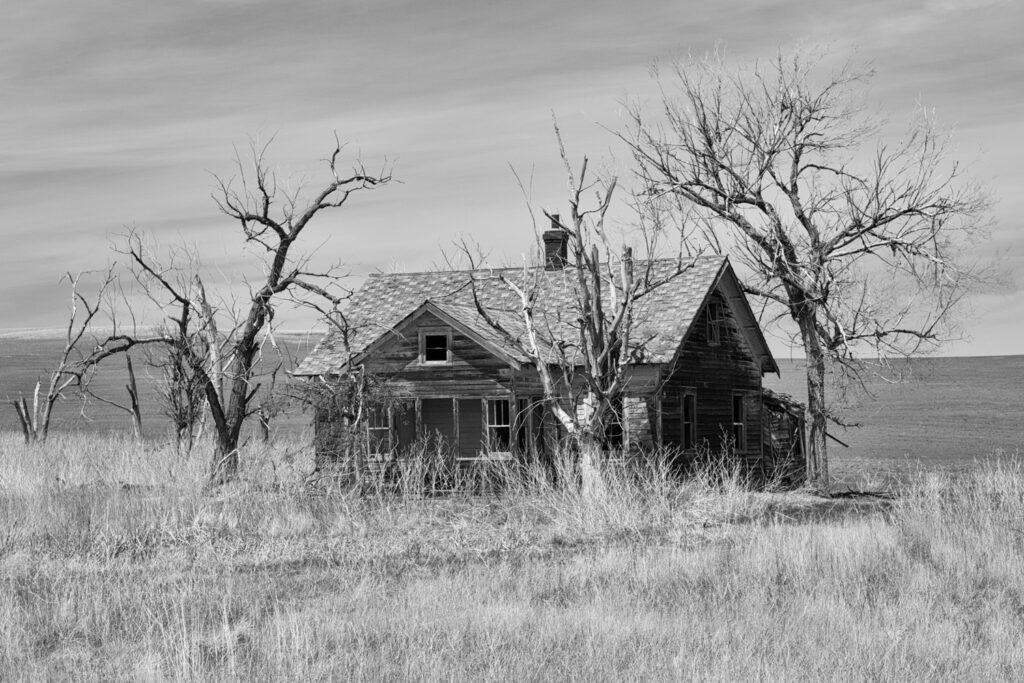
Why
The top five reasons for starting your own personal photography project:
- You get out there doing what you love. It doesn’t matter what you’re photographing — just get out there and shoot! Nothing hurts your creativity more than being stagnant. So get out there and start exploring (with whatever camera in hand) and your new project may just reveal itself. As Maya Angelou said, “You can’t use up creativity. The more you use, the more you have.”
- You build your portfolio. You never know how your clients will find you. Having a personal photography project might open doors to both new adventures and new clients. And since the only one you really have to please is yourself, you eliminate 100 percent of the stress that shooting for work brings. When you fall in love with your personal project, consider showing it off to the world via a section on your website, an art opening at your studio or home, or even a display at a local business or community show.
- A project helps you network and engage with the photography community. You’ll never meet anyone just sitting at home on the sofa, so having a personal photography project lets you get outside and start conversations. Are you an introvert? Personal photography projects are great because they allow you the time you need to recharge and focus inward rather than outward. Additionally, they’ll help you break the ice and give you a great topic of conversation. An extrovert? Great! You’ll be able to rejuvenate by getting out there and connecting with your people!
- You can experiment outside of your comfort zone. There’s no better way to stretch your limits and creativity than by taking a chance. Personal projects let you do just that. Challenge yourself. Need to work on shooting in low light? Then build a personal project around that. Want to experiment with street photography? Create a personal project that takes you to the street. The possibilities are endless. The themes, subject matter, for my own personal projects are chosen with the intent of rendering them as monochrome images. This helps me concentrate on form, texture and tonality, which ultimately will produce rewards in all my photographic endeavors. The principles of composition and exposure are independent of rendering intent.
- You explore your authentic self. When shooting for yourself, you don’t have to worry about what a client wants or needs. You don’t have to worry about making the sale. And when you take all that pressure off, you certainly feel freer, lighter, happier. And, as a by-product, you just might find yourself smack dab in the middle of a renewed passion.
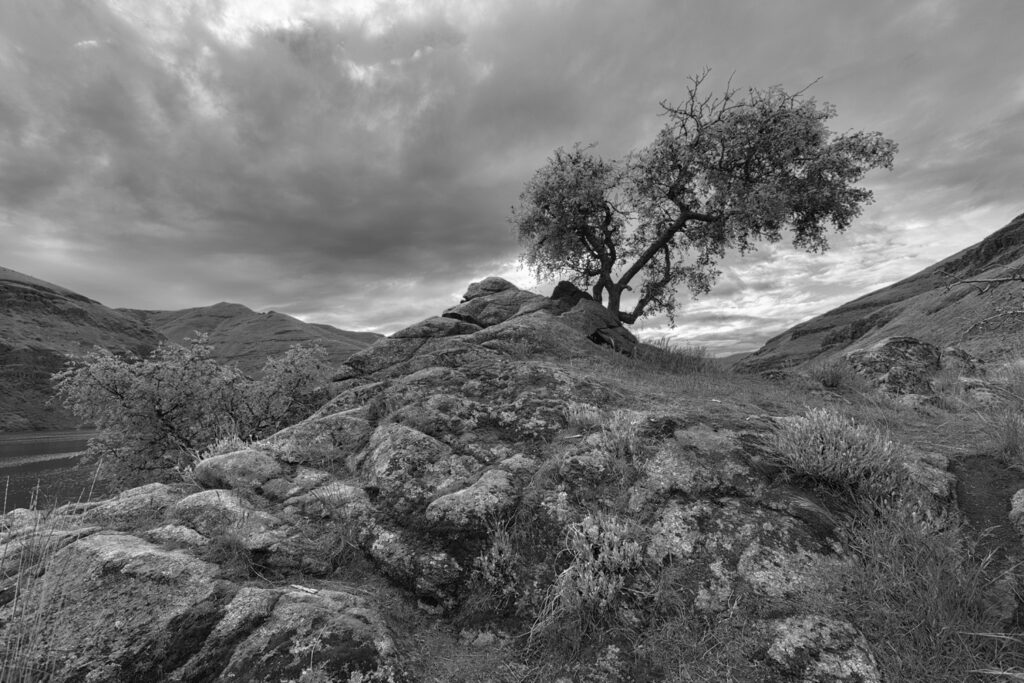
When and where
The sky’s the limit. All you need is to look around you to be inspired. Think about your hobbies, your community, the books and magazines you read, the people you admire, the skills you want to learn, your values, your emotions — and you’ll find countless ideas for personal projects.
Once you have your ideas, you can decide if and how you will share the results. No one says you have to share anything; it’s perfectly okay to keep it all to yourself.
But, should you want to share the fruits of your passion, there are many avenues. Some of these approaches are:
- Blog — one of the easiest ways to share your personal projects. People love stories, so tell the story of your personal project journey. As a former educator I can say that if you can relay a compelling story with your image people will relate to it more and be more inclined to buy it. Often I hear photographers, when describing an image, talk about how difficult it was to capture. That is not what I would call compelling. John Shaw said, “The difficulty in making a photograph has nothing to do with its quality.”
- Sell — to stock photography sites or as fine art prints. Who knows: Your personal project could bring you additional revenue.
- Create — gifts, such as personal or holiday cards or a photo book. A coffee table book of your own images can either be sold or kept for bragging rights. I have self-published numerous books; among them is one developed from one of my personal projects, Rocks & Trees. The intricacies of self-publishing can appear daunting to some, but the reward can be immensely gratifying. That is a topic for another article.
- Share — on your website as a Personal Projects feature. The selections may not be portfolio images at the beginning, yet with more time devoted to producing them there is nothing to prevent them from becoming just that. There is no time limit and no one else to satisfy.
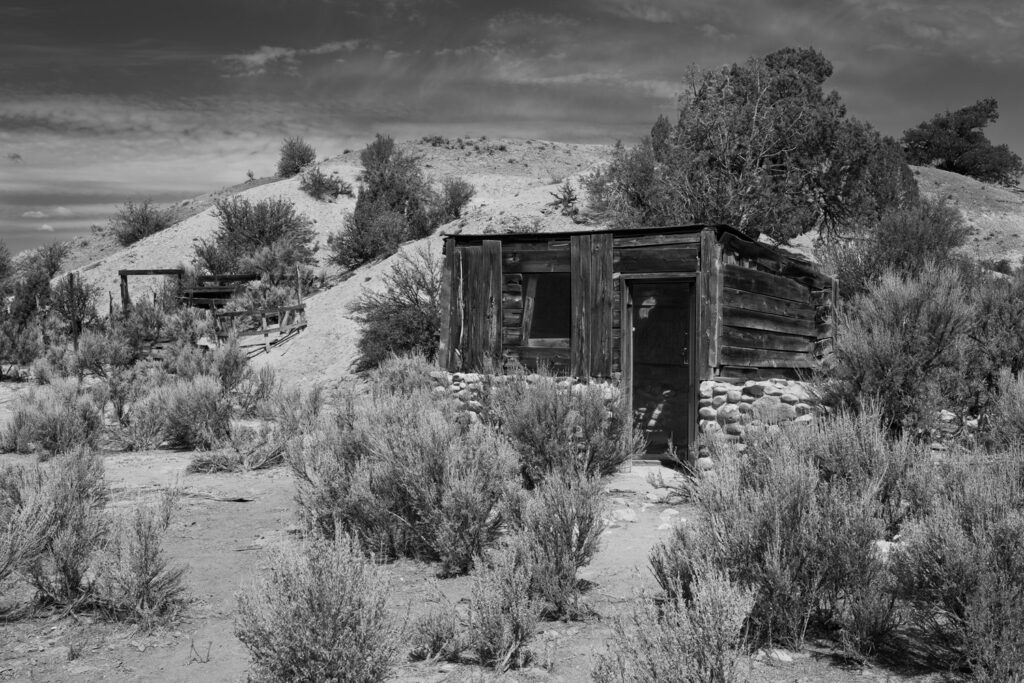
How
Just remember, no matter how your personal project unfolds, it’s important to start — somewhere, anywhere. When you complete your project, reward yourself. Remember to get a selection of your favorite images on the wall. My images grace my home and were part of my former professional office space. People have bought them right off the wall, not wanting a duplicate print. I never refuse because I can easily reprint one for myself.
David Bailey once remarked, “Photography is an intrinsically sad medium, because everything, once photographed, is immediately in the past.” Photography is always about things that have happened. The message here is twofold. First, live your life as powerfully as you can, while you can, because your time is limited and no one knows how much of it we have left. Second, learn to recognize your legacy. What ordinary things are you photographing today that people will look at in 70 years’ time and marvel about the way people used to live, work, and dream? How will people remember you and the work you created while you were alive? Personal projects are a powerful way of motivating yourself to make photos and put together a body of work worthy of a legacy.
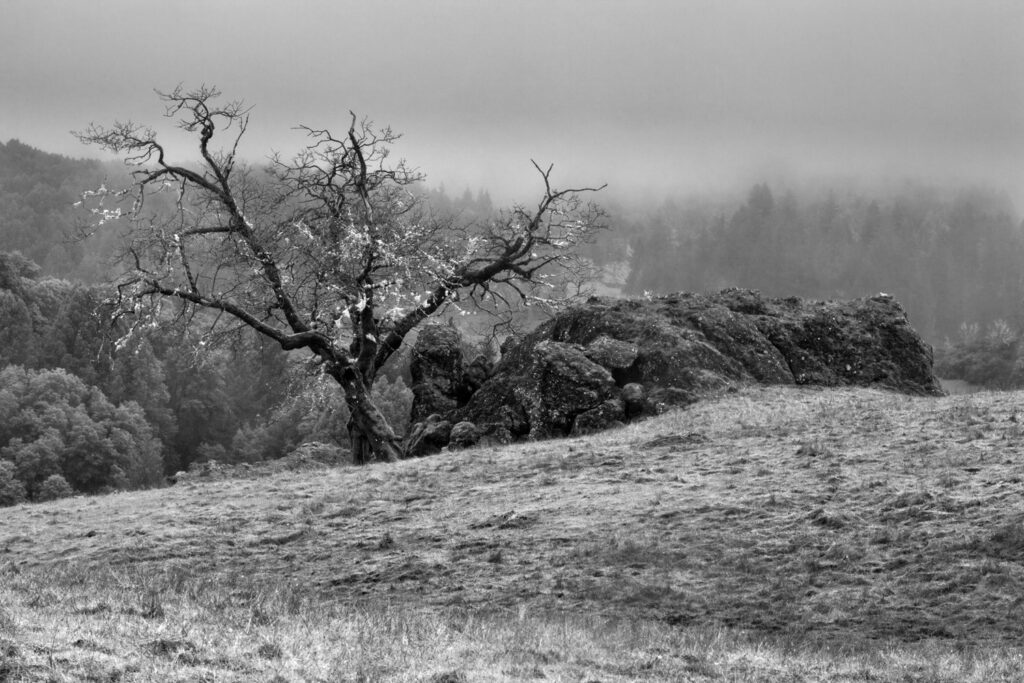
I strongly believe that projects are essential for photographers to follow as their work evolves. A project gives you direction and motivation. It helps you see possibilities and gives you something to aim for. Projects can cover a set length of time, or be returned to again and again over the years and decades.
Realize the workflow benefits as well as the creative ones. Walking around with your camera can be therapeutic and a great way to shoot new images for composite work or even limited edition fine art prints.

Prospective clients sometimes follow a photographer’s personal work closely for outside-the-box ideas for their creative needs or briefs. What starts out as something small may suddenly become a new direction for your career.
Start small and slowly expand your comfort zone. Like shooting cityscapes? The nearest city will always be great for discovering new neighborhood pockets or even new ways to shoot the same ones again.
However, when comfortable, why not discover somewhere new by train/car/or even plane? The creative lifestyle can be tough, especially when it involves family, so why not bring along your loved one/s to help you unplug and remember why you work the long crazy hours?
Too often in the roller-coaster lifestyle of being a full-time creative, we come to these lucid understandings only after some time away from it all. We may take a 9-to-5 job to help bring in a steady paycheck or just unplug from the creative side and move to another spot behind the scenes. Either way, it doesn’t have to take such a stark departure to help bring about that understanding. Instead, work on remembering the importance of ongoing personal work while you’re in the midst of your creative career.
